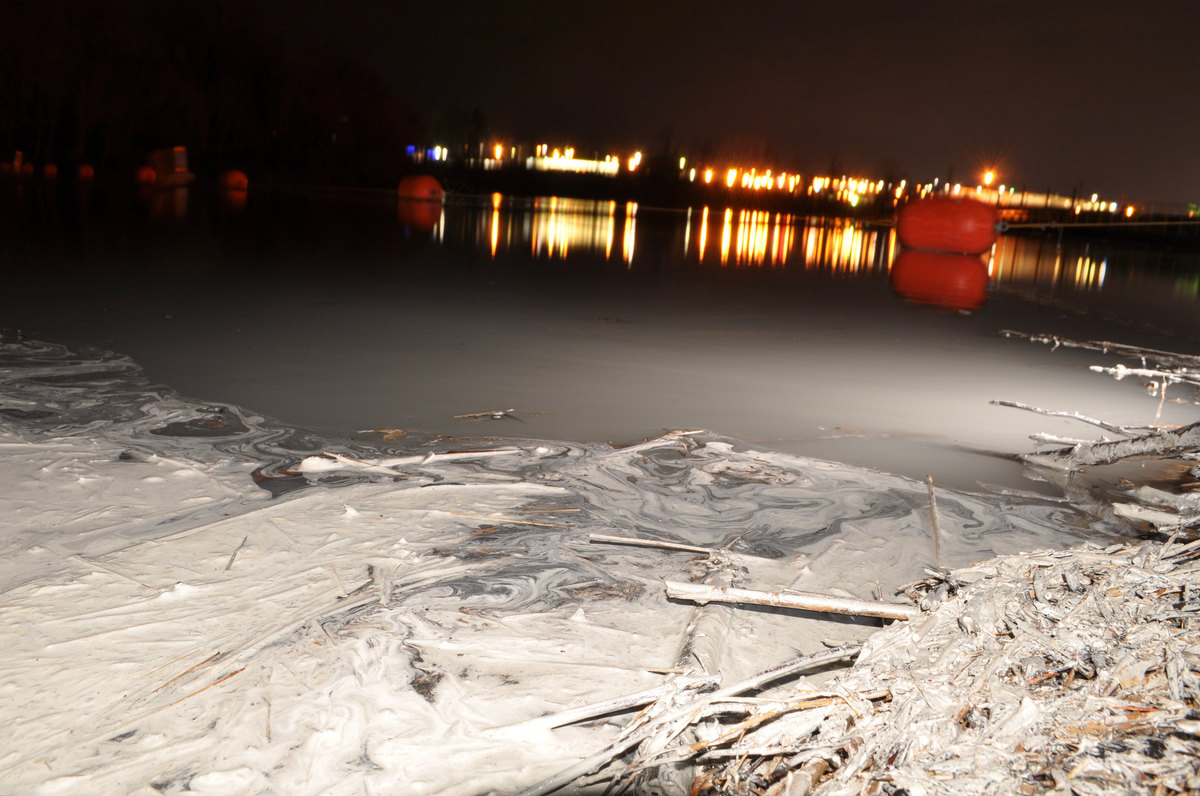The Obama administration on Friday is due to unveil rules for oil companies that frack on federal land, included beefed-up safety measures, but won't likely require strict oversight as environmental groups want, according to sources.
The standards have been in the works for more than three years and gone through several drafts with environmentalists and the energy industry fighting over its scope.
U.S. to set fracking standards on federal land
Fukushima victims speak. Will anyone listen?
On March 11, 2011, a 9.0 magnitude earthquake off the coast of northeastern Japan triggered a tsunami that led to the meltdown of three nuclear reactors at the Fukushima Daiichi power plant.
While immediate health consequences are yet to be determined, more than 159,000 people were evicted from areas deemed too radioactive for human habitation. The World Health Organization has warned about “increased risk of certain cancers” for people in the most contaminated areas.
Antarctica's spectacular glaciers melting faster
From the ground of this extreme northern part of Antarctica, a spectacular white and blinding ice seemingly extends forever. What can't be seen is the battle raging below to reshape Earth.
Water is eating away at the Antarctic ice, melting it where it hits the oceans. As the ice sheets slowly thaw, water pours into the sea, 130 billion tons of ice (118 billion metric tons) per year for the past decade, according to NASA satellite calculations. That's enough ice melt to fill more than 1.3 million Olympic swimming pools. And the melting is accelerating.
Brazil arrests alleged deforestation king of Amazon
Brazilian police have arrested the "biggest deforester" of the Amazon jungle, identified as Ezequiel Antonio Castanha, officials said.
Castanha was arrested last Saturday in a joint operation of Federal Police and the National Security Force in the Amazonian town of Novo Progresso in Para state, the Brazilian Environmental Institute (Ibama) said Monday.
US charges Duke Energy with illegal pollution from 5 coal ash dumps
 Federal prosecutors have filed criminal charges against Duke Energy with years of illegal pollution from coal ash dumps at five North Carolina power plants.
Federal prosecutors have filed criminal charges against Duke Energy with years of illegal pollution from coal ash dumps at five North Carolina power plants.
The three U.S. Attorney's Offices covering the state on Friday all charged Duke with felony violations of the Clean Water Act. The prosecutors say the nation's largest electricity company engaged in unlawful dumping since at least 2010 at coal-fired power plants in Eden, Moncure, Asheville, Goldsboro and Mt. Holly.
‘Megadrought’ Coming to U.S.
 The long and severe drought in the U.S. Southwest pales in comparison with what’s coming: a “megadrought” that will grip that region and the central Plains later this century and probably stay there for decades, a new study says.
The long and severe drought in the U.S. Southwest pales in comparison with what’s coming: a “megadrought” that will grip that region and the central Plains later this century and probably stay there for decades, a new study says.
Thirty-five years from now, if the current pace of climate change continues unabated, those areas of the country will experience a weather shift that will linger for as long as three decades, according to the study, released Thursday.
GOP lawmakers push EPA to rethink clean water rule
 In a year the Republican-controlled Congress is expected to take a significant whack at President Barack Obama’s environmental agenda, GOP lawmakers on Wednesday told top environmental officials they should scrap what was once a fairly obscure proposal to define what is and isn’t considered a body of water by federal law.
In a year the Republican-controlled Congress is expected to take a significant whack at President Barack Obama’s environmental agenda, GOP lawmakers on Wednesday told top environmental officials they should scrap what was once a fairly obscure proposal to define what is and isn’t considered a body of water by federal law.
In an unusual joint hearing involving the Senate Environment and Public Works Committee and the House Transportation and Infrastructure Committee, the Republican majority that now controls both houses of Congress showed it is intent on trying to derail the president’s environmental agenda in his last two years in office.
More Articles...
Page 34 of 202

 Environmental Glance
Environmental Glance






























